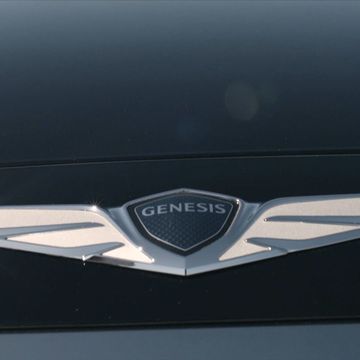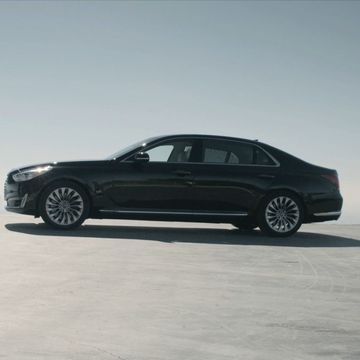Our increasing dependency on the Internet for our modern-day automobiles has become a double-edged sword: while online apps have provided convenience and connectivity, and vehicle-to-everything communication is the key to autonomous cars, it's also allowed the potential for the same exploits by hackers to sneak into our cars and take you for a ride. Literally.
Chances are rare that it could happen to you. Nonetheless, comparisons to dystopian sci-fi novels notwithstanding, here is where the technology is, where it's going, and what 21st-century motorists can do to prevent it.
Watch Next


Your Privacy Choices

About the Hearst Autos Gear Team

A Letter From the Editor

The Track Club: Founders Exclusive Deals & Offers
Advertisement - Continue Reading Below
Advertisement - Continue Reading Below













